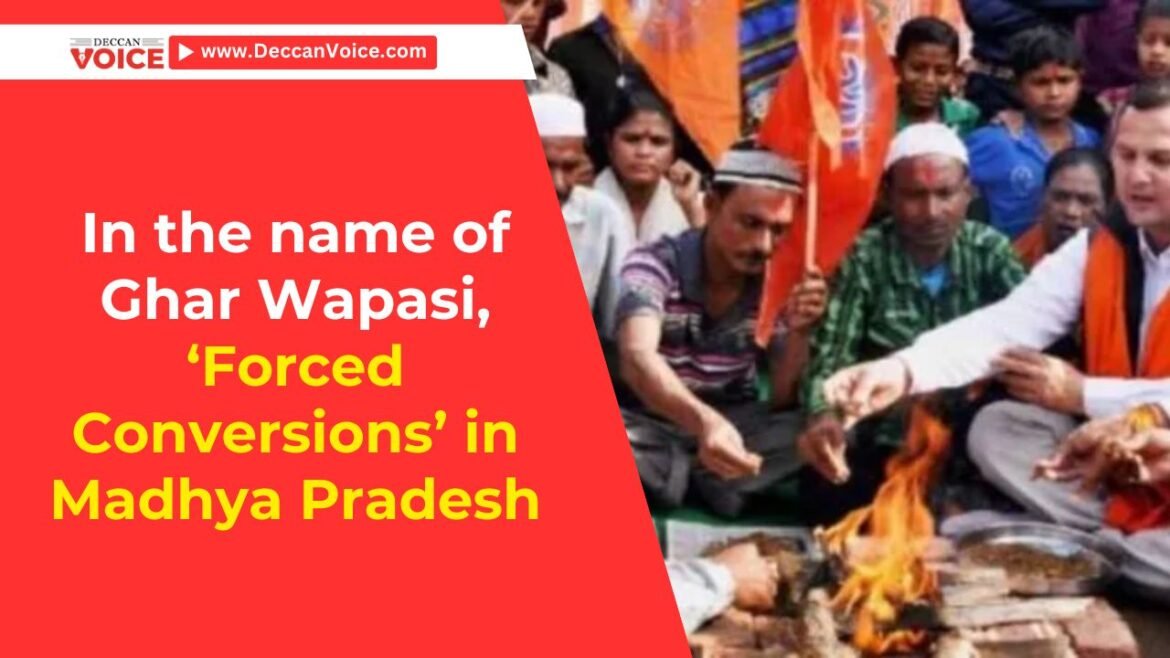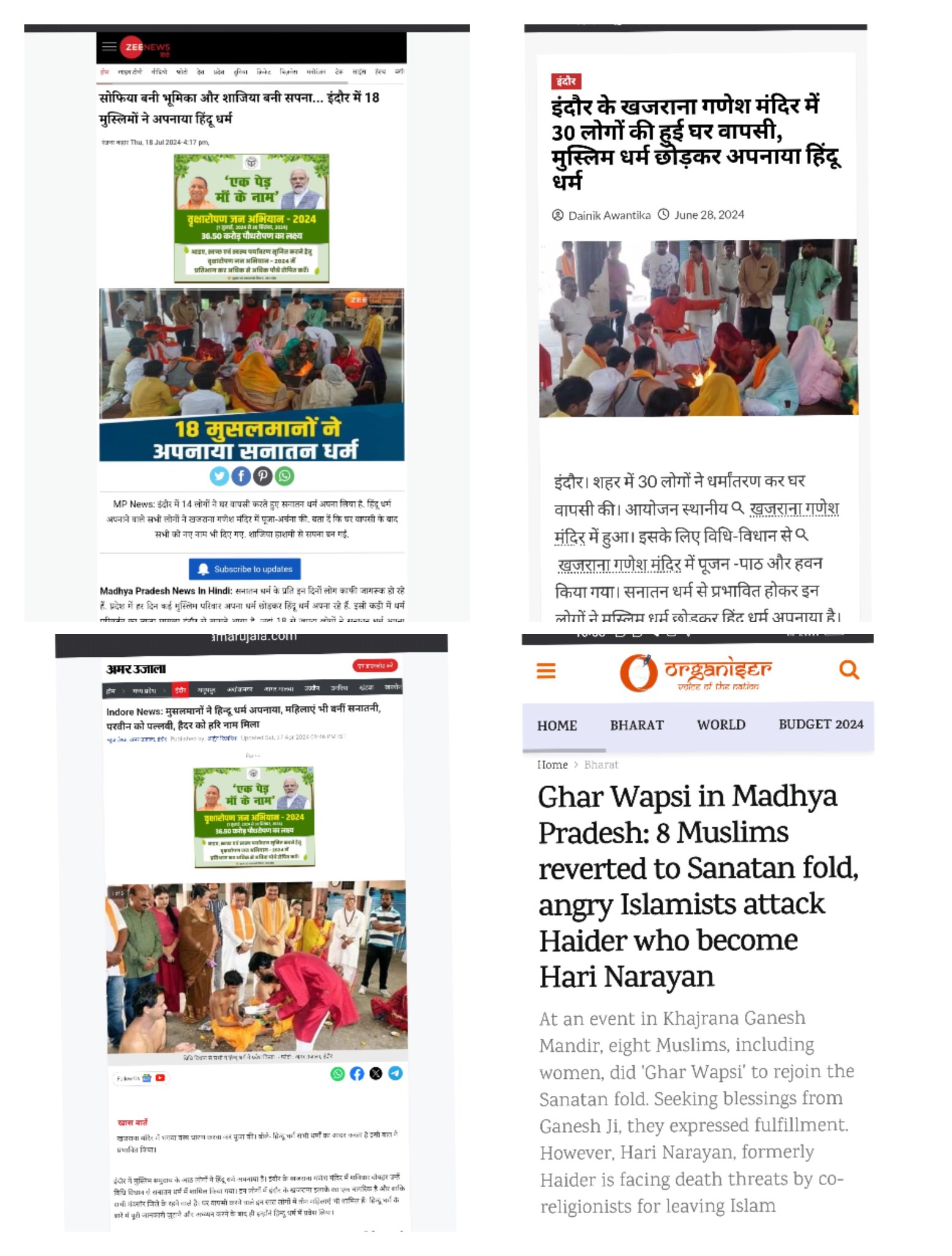In Madhya Pradesh, Congress General Secretary Rakesh Singh Yadav has raised serious allegations against the Vishwa Hindu Parishad (VHP), accusing them of converting poor Muslim families to Hinduism by luring them with promises of government facilities. This issue highlights the ongoing debate on religious conversions and the methods used to achieve them.
Allegations by Congress
Rakesh Singh Yadav claims that the VHP is exploiting the socio-economic vulnerabilities of Muslim families, offering government aid and better living conditions in exchange for converting to Hinduism. These actions, according to Yadav, are part of a broader strategy of “Ghar Wapsi” (homecoming), which aims to bring individuals back to Hinduism.
Poor #Muslim families are being converted to Hinduism by luring them into providing Govt facilities by Vishwa Hindu Parishad (#VHP) in #MadhyaPradesh alleges #Congress General secretary #RakeshSinghYadav.
Yadav said that, poor #Muslims are lured to convert to #Hinduism on… pic.twitter.com/2Uh1y4kLhD
— Hate Detector 🔍 (@HateDetectors) July 20, 2024
Threats and Financial Incentives
In addition to promises of government facilities, there are allegations that VHP extremists are threatening minorities and providing financial incentives to convert. These tactics include direct monetary help and assurances of government benefits, which Yadav argues are illegal and should be condemned and punished.
Double Standards in Conversion Narratives
This controversy also brings to light the perceived double standards in the narrative of religious conversions. While conversions to Hinduism are often celebrated as “Ghar Wapsi,” conversions to Islam or Christianity are frequently labeled as forced or anti-Indian activities. This bias creates a contentious environment and raises questions about religious freedom and individual rights.
Legal and Social Implications
The allegations against the VHP raise significant legal and ethical questions about the nature of religious conversions in India. There is a need for a balanced approach that respects individual freedom of religion while ensuring that coercion and exploitation are addressed and prevented.
Conclusion
The accusations against the VHP in Madhya Pradesh highlight broader issues of religious freedom, socio-economic inequality, and political maneuvering in India. Ensuring fair and unbiased treatment of all religious conversions, irrespective of the faith involved, is essential for maintaining communal harmony and upholding constitutional rights.




